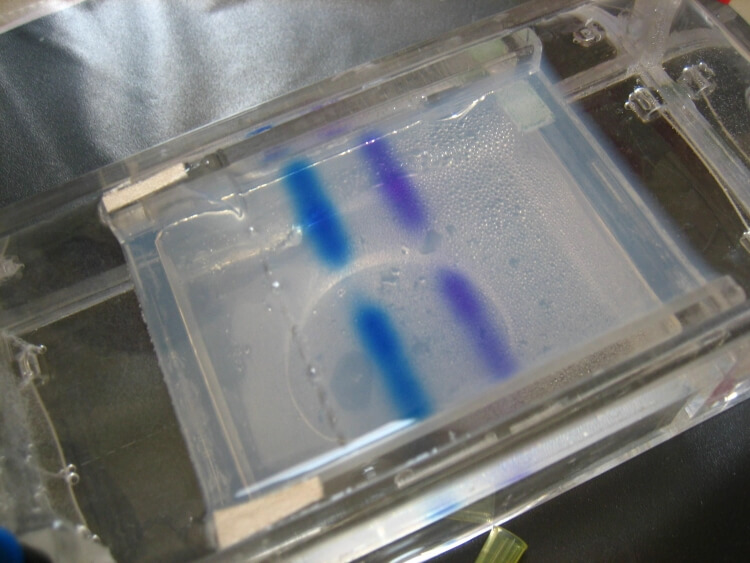3h
Rat NPR3(Natriuretic Peptide Receptor 3) ELISA Kit
Rat NPR3(Natriuretic Peptide Receptor 3) ELISA Kit
20ng/mL
Sandwich
0.115ng/mL
0.312-20ng/mL
Rattus norvegicus
Cardiovascular biology;
ELISA Enzyme-linked immunosorbent assays Code 90320007 SNOMED
E05 478 566 350 170 or Enzyme-Linked Immunosorbent Assays,E05 478 566 350 170 or Enzyme-Linked Immunosorbent Assays
GUCY2B; NPRC; ANPRC; Guanylate Cyclase C; Atrionatriuretic Peptide Receptor C; Atrial natriuretic peptide clearance receptor
Rats are used to make rat monoclonal anti mouse antibodies. There are less rat- than mouse clones however. Rats genes from rodents of the genus Rattus norvegicus are often studied in vivo as a model of human genes in Sprague-Dawley or Wistar rats.
The test principle applied in this kit is Sandwich enzyme immunoassay. The microtiter plate provided in this kit has been pre-coated with an antibody specific to Natriuretic Peptide Receptor 3 (NPR3). Standards or samples are then added to the appropriate microtiter plate wells with a biotin-conjugated antibody specific to Natriuretic Peptide Receptor 3 (NPR3). Next, Avidin conjugated to Horseradish Peroxidase (HRP) is added to each microplate well and incubated. After TMB substrate solution is added, only those wells that contain Natriuretic Peptide Receptor 3 (NPR3), biotin-conjugated antibody and enzyme-conjugated Avidin will exhibit a change in color. The enzyme-substrate reaction is terminated by the addition of sulphuric acid solution and the color change is measured spectrophotometrically at a wavelength of 450nm ± 10nm. The concentration of Natriuretic Peptide Receptor 3 (NPR3) in the samples is then determined by comparing the O.D. of the samples to the standard curve.
Peptides short amino acid chains or epitopes or blocking antagonists. The shortest peptides are dipeptides, consisting of 2 amino acids joined by a single peptide bond, followed by tripeptides, tetra peptides, ... till polypeptides that are long, continuous, and unbranched synthetic peptide chains. These biological oligomers and polymers can be Solid-phase peptide synthesis (SPPS), or in continue produced for custom peptide synthesis projects. The High-efficiency solid phase peptide synthesis (HE-SPPS) is give very low production costs.The receptors are ligand binding factors of type 1, 2 or 3 and protein-molecules that receive chemical-signals from outside a cell. When such chemical-signals couple or bind to a receptor, they cause some form of cellular/tissue-response, e.g. a change in the electrical-activity of a cell. In this sense, am olfactory receptor is a protein-molecule that recognizes and responds to endogenous-chemical signals, chemokinesor cytokines e.g. an acetylcholine-receptor recognizes and responds to its endogenous-ligand, acetylcholine. However, sometimes in pharmacology, the term is also used to include other proteins that are drug-targets, such as enzymes, transporters and ion-channels.
